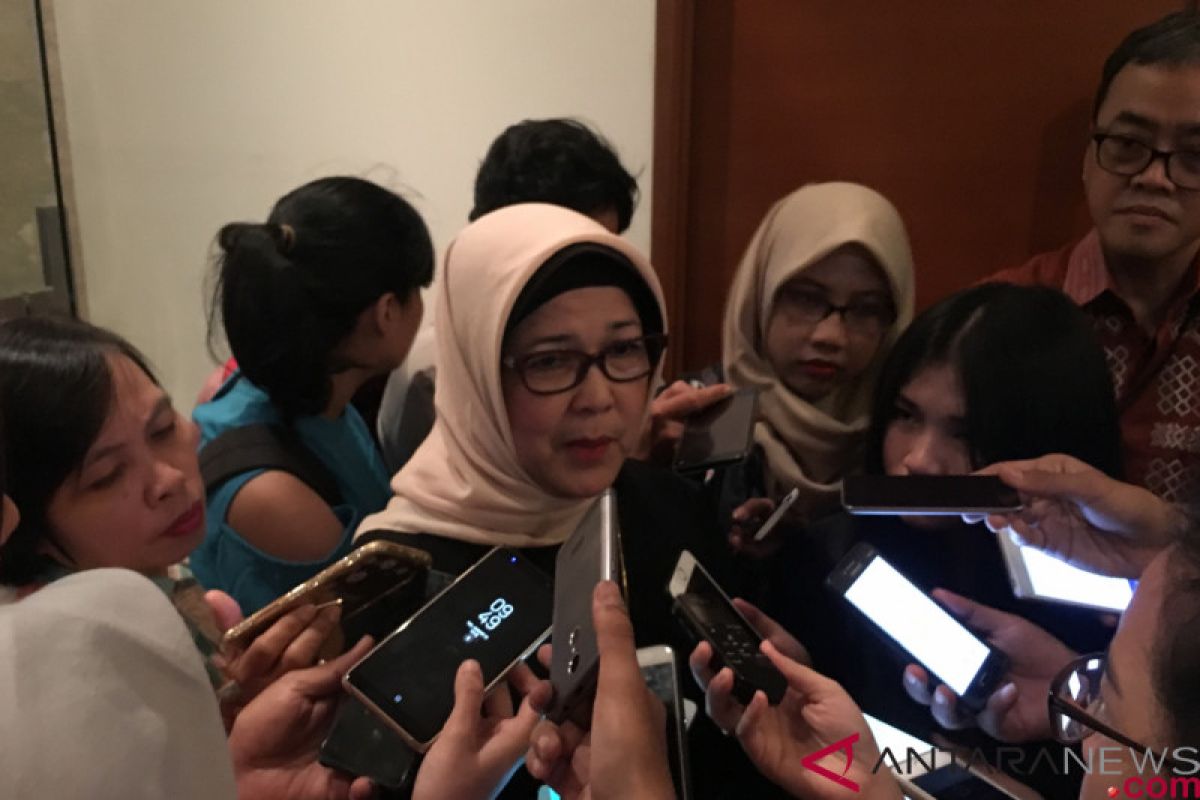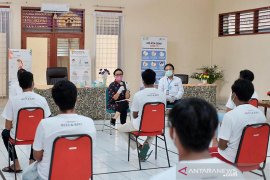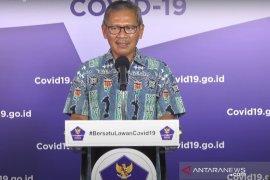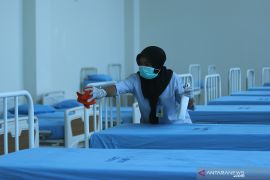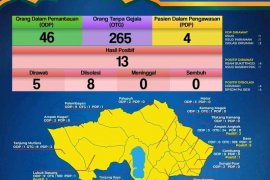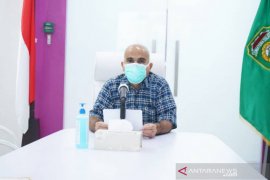"Until the first semester of 2019, the Trade Ministry took a number of steps to increase exports, including conducting integrated trade promotion activities in a number of countries," Director General of National Export Development of the Trade Ministry, Arlinda, said in Jakarta on Thursday.
In addition, the ministry also gave a special assignment to arrange the financing of exports to countries in Africa, South Asia and the Middle East.
In the short run, the ministry has adopted a policy to increase exports by selecting key export commodities, slashing costs, simplifying export procedures, conducting economic diplomacy and increasing access to export markets.
To select key export commodities, the government has designated export-oriented priority sectors classified into the IR 4.0 priority sector and the non-IR 4.0 priority sector.
The IR 4.0 priority sector comprises food and beverage, textile and textile products, electronics, automotive and chemical industries, while the non-IR 4.0 priority sector comprises fishery, general machinery, wood, rubber and furniture industries.
Overall, Indonesia's exports in the first semester of 2019 reached US$80.32 billion, down 8.75 percent compared to the same period last year. Similarly, non-oil/non-gas exports fell 6.54 percent to $74.21 billion.
"The government remains optimistic that it can boost the country's exports to achieve its target by making efforts to open and expand export markets for the country's products," she said. Related news: Indonesia explores non-traditional markets in Sudan
Related news: Indonesia`s exports to non-traditional markets begin to increase
Related news: RI wants non-traditional security strengthened
Translator: Sella P/Suharto
Editor: Gusti Nur Cahya Aryani
Copyright © ANTARA 2019
